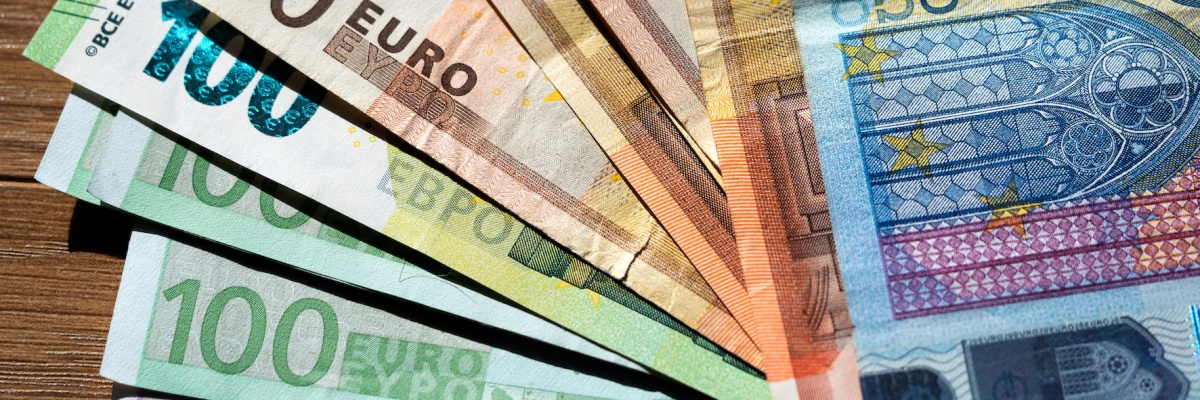
Portugal, Greece, Italy. Who might be next? As Europe and the world fret over the possible collapse of the euro, finance ministers, economists and analysts debate and discuss what measures are needed to save the world from possible financial ruin. It is hard for me to imagine that any economic solution will have much long-term impact unless and until a fundamental shift in thinking takes place, and the underlying moral issues are addressed. In discussing what is, in reality, the moral crisis in the financial sector, I am reminded of the rabbi who, year in and year out, gave the same sermon each Yom Kippur. When confronted by a congregant upset by the same old speech, the rabbi replied, “As long as you keep doing the same old sins, year in and year out, I will give the same speech year after year.”
Until more people begin to listen, we need to keep repeating that these recurring “financial” crises have little to do with economics, and much to do with values. Looking for economic solutions for a moral crisis only ensures the same mistakes will be made over and over again. They may have different names: credit swaps, collaterized debt, foreclosures, bankruptcy; they may substitute Italy for Greece, or (G-d help us) America for Portugal, but the root causes remain the same. They are the inevitable result of man’s insatiable pursuit of wealth and his short-term focus on the pleasures of today. Throw in some greed, power and jealousy, and no wonder we have a debt crisis.
“The main sin of this pagan society consists in its exploiting nature for the sake of human enjoyment, without people accepting responsibility for the very acts they enjoy”. These are the words of Rabbi Soloveitchik in discussing the generation of the flood—as in Noah’s ark—though he could have just as easily been talking about current events. There really is “nothing new under the sun”, as King Solomon taught three millennia ago. Instead of passing down spiritual insight to the next generation, modern man passes down billions and even trillions of dollars in debt. He wants to enjoy all the world has to offer and pay for it on credit, making minimum payments today as the interest—and credit card interest is very high—accrues, awaiting repayment from those not even born yet. Modern man does not appreciate the notion of restraint. Left to their own devices, people and/or governments will very rarely sacrifice the now for some undefined benefit down the road.
Rather, only through “outsiders” applying “pressure” is one likely to change. The painful remedies of cutting off credit, foreclosures, bankruptcy, and layoffs are often tough but necessary medicine so the patient does not die. This is why bailouts of those “too big to fail” more often than not just delay the inevitable reckoning that will become greater pain down the road.
While our record is far from perfect, Canada demonstrates what tough medicine can do; and for this, Paul Martin is owed a tremendous debt of gratitude. His controversial decision to disallow bank mergers was beyond a stroke of genius and foresight. He actually cut spending, not just the rate of spending growth, and set Canada on years of surplus, making Canada the role model for the world.



